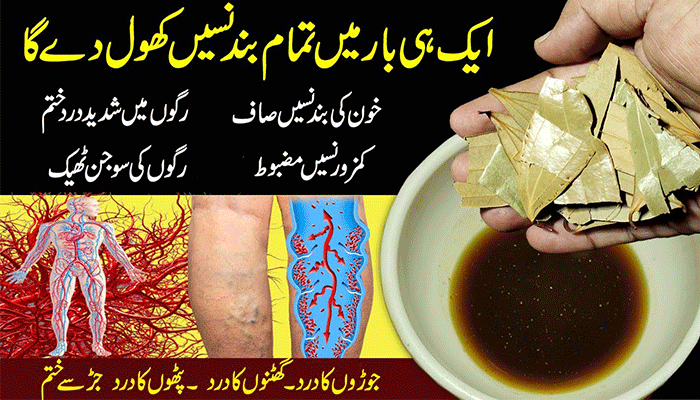Introduction
Living with arthritis can be challenging, but with the right approach to exercise and diet, you can significantly improve your joint health and alleviate pain. In this comprehensive guide, we will explore a wide range of strategies and tips to help you manage arthritis pain effectively. From targeted exercises to dietary adjustments, we’ve got you covered with expert advice and personal insights.
1. Understanding Arthritis Pain
Before diving into exercise and diet tips, it’s essential to grasp the fundamentals of arthritis pain. Arthritis is a joint disorder that causes inflammation, stiffness, and pain. It can affect people of all ages and backgrounds, making it crucial to adopt a holistic approach to manage its symptoms.
2. The Role of Exercise
Regular physical activity is a cornerstone of managing arthritis pain. Incorporating exercises into your daily routine can improve joint flexibility and strength. Here are some exercise tips to consider:
2.1. Low-Impact Activities
Engage in low-impact exercises like swimming and cycling, which are gentle on the joints while promoting mobility.
2.2. Range-of-Motion Exercises
Perform range-of-motion exercises to enhance joint flexibility. These include wrist circles, ankle pumps, and shoulder rolls.
2.3. Strength Training
Strength training exercises, such as weightlifting and resistance bands, can help stabilize your joints and reduce pain.
3. The Importance of Diet
Diet plays a significant role in managing arthritis symptoms. A balanced and nutritious diet can help control inflammation and support overall joint health. Consider the following dietary tips:


3.1. Omega-3 Fatty Acids
Incorporate foods rich in omega-3 fatty acids, like salmon, walnuts, and flaxseeds, to reduce inflammation.
3.2. Antioxidant-Rich Foods
Fruits and vegetables loaded with antioxidants, such as berries, spinach, and kale, can help combat joint inflammation.
3.3. Limit Processed Foods
Reduce your consumption of processed foods, sugary drinks, and excessive red meat, as they can exacerbate inflammation.
4. Maintaining a Healthy Weight
Maintaining a healthy weight is crucial for managing arthritis pain. Extra pounds put additional stress on your joints, which can worsen symptoms. A combination of regular exercise and a balanced diet can help you achieve and maintain a healthy weight.
5. Staying Hydrated
Adequate hydration is essential for joint health. Water lubricates the joints and helps prevent stiffness. Make it a habit to drink plenty of water throughout the day.
6. Avoiding Trigger Foods
Some individuals may find certain foods exacerbate their arthritis symptoms. It’s essential to identify and avoid these trigger foods, which can vary from person to person.
Frequently Asked Questions
Q: Can arthritis pain be completely cured through exercise and diet?
Arthritis is a chronic condition, and while exercise and diet can significantly alleviate symptoms, there is no known cure. However, a healthy lifestyle can improve your quality of life.
Q: How often should I exercise to manage arthritis pain?
It’s recommended to engage in moderate exercise for at least 150 minutes per week, but consult with your healthcare provider to determine the best routine for your specific condition.
Q: Are there any supplements that can help with arthritis pain?
Some supplements, like glucosamine and chondroitin, have shown potential in managing arthritis symptoms. However, always consult your doctor before adding supplements to your diet.
Q: Can arthritis affect young adults and children?
Yes, certain types of arthritis, such as juvenile arthritis, can affect young individuals. Early diagnosis and intervention are crucial for managing the condition.
Q: Are there any specific dietary restrictions for arthritis patients?
While there are no strict dietary restrictions, it’s advisable to limit processed foods, sugar, and saturated fats, which can contribute to inflammation.
Q: What are some natural remedies for arthritis pain?
Natural remedies like hot and cold therapy, acupuncture, and herbal supplements may offer relief. Discuss these options with your healthcare provider.
Conclusion
Living with arthritis doesn’t have to mean enduring constant pain and discomfort. By incorporating exercise and diet tips into your daily life, you can significantly improve joint health and reduce arthritis pain. Remember that every individual is unique, so it’s essential to work closely with your healthcare provider to develop a personalized plan that suits your specific needs. Embrace a healthy lifestyle, stay positive, and take control of your arthritis journey for a better, pain-free tomorrow.




